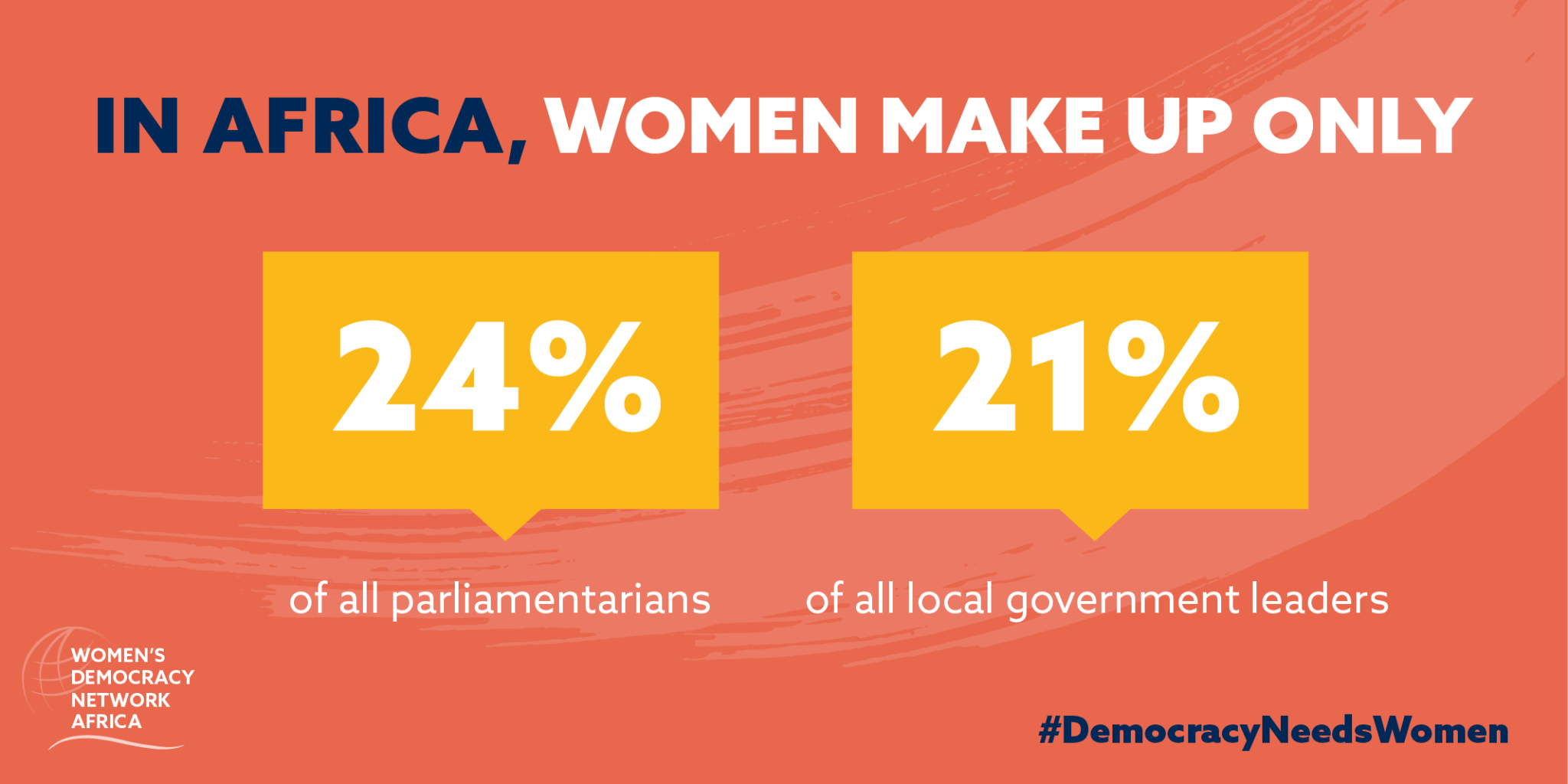
The International Republican Institute’s (IRI) Women’s Democracy Network (WDN) has seen great success in promoting women’s participation in democracy worldwide for the last decade and a half. From Latin America to the Middle East, regional networks have allowed for collective action that impacts local societies in a meaningful way. More than 5,000 women from over 100 countries have been impacted by WDN’s work. The launch of WDN-Africa, WDN’s newest regional network, creates an opportunity to continue WDN’s work in sub-Saharan Africa. This new initiative would not be possible without the hard work of the founding members. They include Afia Appiah of Ghana, Ebere Ifendu of Nigeria, Perry Aritua of Uganda, Sally Ncube of Zimbabwe, Shamira Mshangama of Tanzania, and Veronica Nasirumbi Mang’eni of Kenya.
While these women come from different careers, backgrounds, and countries, they are united in their belief in a brighter future for African women through increased political engagement. With this in mind, WDN asked each of the founders what “democracy” means to them, why they chose to be part of WDN-Africa, and where they see the network in the future. When asked about the word “democracy,” the words “inclusion” and “respect” were consistently mentioned. “It means inclusion and freedom of expression and participation in governance,” said Ifendu. “Where citizens are protected and respected.” The women all expressed a clear understanding that democratic governance means all citizens can fully and freely participate.
In response to why they wanted to found WDN-Africa, the members’ answers demonstrated a shared desire to work together, as women, to encourage collective action to advance women’s leadership and political participation in Africa. Their answers emulate the overall vision and goals of WDN worldwide, to empower women from all countries and backgrounds to participate in the political process. “We are stronger together,” Aritua noted. “Problems that seem insurmountable can be solved when we share ideas, tap on each other’s strengths, learn from each other and pursue similar objectives together.”
Lastly, when asked where they see WDN-Africa in five years, the founders conveyed messages of hope and a shared calling. “It will be a vibrant political movement confronting patriarchy, transforming political institutions, and advancing women’s political leadership, empowerment, and inclusive African societies,” Ncube answered. Mang’eni echoed this tone of hope adding, “Our expectations are in achievable limits and therefore should give us a milestone to be proud of,” when referring to the future five-year mark for the network.
Following a 12-week training course and months of planning, the WDN-Africa founders officially launched on August 19, 2021. The virtual launch event welcomed 238 participants from 24 countries. Speakers included representatives from the African Union, the Women’s Academy in Africa, International IDEA, UN Women, and IRI. Founders Perry Aritua and Sally Ncube presented on the founding of the network and next steps of action to support the mission. Through their strategic plan and critical partnerships, they will take steps toward the five-year milestones they described for the network. In the months and years to come, the women of WDN-Africa will work tirelessly to advance political inclusion and empower women across sub-Saharan Africa.
Top